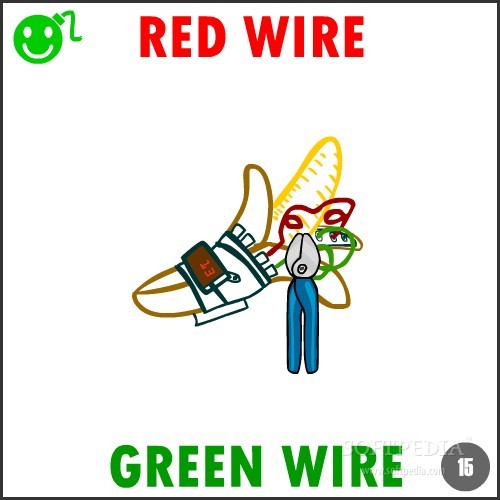Comment: Here & there

And with a twist to that answer, neither do those in Pakistan who should. Ignorant and apathetic; life for them is an equal measure of obliviousness and indifference. Housing, food, healthcare: they do not care whether or not these exist for the rest of the people of Pakistan, as long as they have these comforts themselves. These people are both unaware of the depths of the deprivation around them and unaffected by it. Qualifications and education are unimportant to them because they do not know the value, being without it themselves. As long as they have money, nothing else counts.
Growing up in Pakistan was uncomplicated. It was all we had seen, so we lived our lives, witnessed political turmoil and social hardships, but took it all in our stride despite the concern our elders evinced. We knew things were not quite right, but oh well!
Moving away from here was hard, leaving the family behind, having to do all the work oneself. We brought up children, cooked and cleaned, washed clothes and dishes, mowed the yard, painted the walls and lugged heavy stuff around. No drivers, ayahs, cooks, or cleaning ladies, we did it all ourselves and in time got used to it.
Yet even though we were so taken up with all these things, our surroundings had an impact on us. It was easier to talk to and be understood by the man in the street and others you dealt with. People were on the same footing because they could read, write, and had the basic amenities of life, as well as dignity of labour. The plumber arrived in a BMW. The handyman’s wife had a master’s degree (a genuine one). The medical consultant’s wife cleaned houses for a living, and the hairdresser across the street was a highly qualified nurse who opted to dress hair instead. If a person was old, sick or hurt, the neighbours looked in on her or him, and heaven help those in charge if any person who was injured, sick or in any way disadvantaged because of any negligence on their part.
The difference is that the common man in civilised countries has basic education, which brings living within his grasp. As a result, there is also a better understanding of concepts, rights, duties, ideas and by extension better jobs and opportunities.
So, what we should have been able to experience in our own country where ideologically, we are taught the same, we experienced elsewhere in fact. Living away from Pakistan, we learnt the value of bare necessities of life, not just for ourselves, but for everyone: health, education, decent accommodation, food, and care in old age, disability and unemployment. We were educated in the overall dignity of life.
Education, it is said, leads to a progressive discovery of one’s own ignorance.
The children grew up, we grew older, and one day we returned ‘home’, where my husband has been able to indulge his interest in farming.
Being good at doing things himself, he did the easy part of the wiring around the farm. One day when only a bit of the work was left, he had to leave for home. Before leaving, he carefully instructed one of his workers on how to finish the wiring.
“Join this blue wire to this blue one, and that green one to this green one,” he said, indicating the relevant wires around the board, and made sure the man had heard and understood. Or so he thought.
When he came back the following day, he stretched out his hand to switch on the lights, but decided to check the wiring first. It is provident that he thought of doing that, because the green wire had been twisted into the blue one and the blue onto the green.

He was furious, and asked the culprit why he had done this.
“Did you not understand what I said?” he asked.
“Oh I did,” the man replied happily. “Magar sahib ji, ai sona lagda ai!” (But sir, this looks much nicer!”)
What do you say to a man who thinks this way? With the level of the education in Pakistan (or its lack thereof) it is sure that the brains of almost half the people of Pakistan function along these lines. A shame, a crying shame for a people who, given the chance have proved to be a lot more intelligent than this.
Based on the statistics presented by the United Nations Educational, Scientific and Cultural Organisation (UNESCO), the literacy rate in Pakistan is 55 per cent, one of the lowest in the world. It is predicted that most adults will be involved in the process of learning in one form or the other in the world during the present century. In Pakistan today, few people will be able to tell you which century we live in.
Give us time, one friend said, we’ll get there. Unfortunately it is also said that time, although a great teacher kills all its pupils. Unfortunately, so does illiteracy in some form or the other.
I am so glad my husband checked the wires. The job should have been given to a qualified and certified electrician.
This should apply across the board, to electricians, builders, doctors, politicians, everyone. One needs to be vigilant, however, since invalid qualifications are easily obtained. We are left with repercussions of gross ineptitude.
It is sad how values filter down from above.






No comments:
Post a Comment
If you have any comments, please leave them here. They will be published after moderation. Automated comments will be deleted.To contact me please leave a comment. If you do not wish that comment to be published please say so within the message. Thank you.